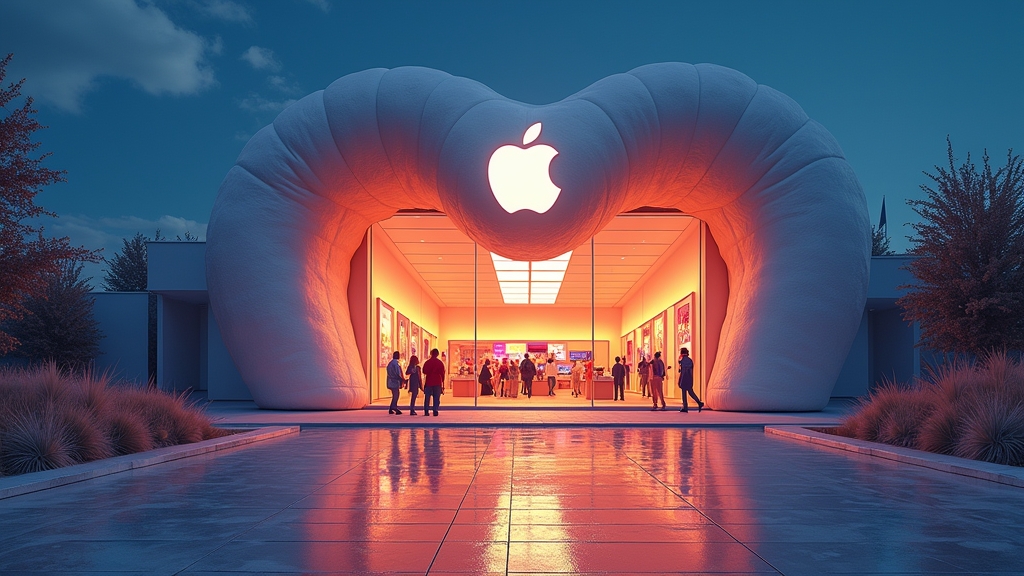China’s New AI App ‘DeepSneak’ Touted as the Coolest Way to Accidentally Surrender Your Social Security Number
In a groundbreaking moment for multitasking technology, DeepSeek, the Chinese AI sensation that’s making Silicon Valley sweat through their Patagonia vests, has become the top free app in the UK and US—because who needs critical thinking when something shiny is free, right? But as it skyrockets in popularity, experts are quietly suggesting this might not be the best way to introduce your personal data to the Chinese government’s server farms.
“It’s remarkable,” said Dr. Emily Sternway, a cybersecurity analyst. “With one app, you can ruin your social credit score *and* your actual credit score. Truly revolutionary.”
DeepSeek, branded as the AI that can do everything from answering emails to planning out your disastrous online dating profile, has obliterated $1 trillion off the US tech stock market this week alone. That’s right, it’s managed to make Wall Street panic more than a Federal Reserve rate hike, and all it had to do was look vaguely competent while vaguely menacing.
Donald Trump chimed in because of course he did. Waving his arms like he was auditioning for a windmill championship, he called the whole phenomenon “a huge, *huge* wake-up call” for American tech companies. “Look at them—not innovating, just crying! I always said we should’ve invented the scary AI first. I invented owning ideas. Tremendous ideas.”
Officials in the UK government, meanwhile, took a bold stance of passive aggression. “We’re monitoring the situation extremely closely,” one anonymous spokesperson told reporters. “By closely, we mean we’re making concerned faces during meetings and keeping a really low volume on our DeepSeek accounts.” For now, they’ve described the app’s use as “a personal choice,” which is British for “Good luck with that.”
Experts are also sounding alarms over the app’s disturbingly high potential for spreading misinformation. “It’s like a conveyor belt of half-truths, bad takes, and conspiracy theories,” said Professor Ian Hargrove, gesturing wildly at the flaming dumpster fire we currently call the internet. “You ask DeepSeek to plan your dinner party, and the next thing you know it’s convinced you the moon landing was catered by lizard people.”
But despite the cries for caution, the app’s wonderfully intoxicating cocktail of convenience and ominous undertones has made it irresistible to millions. “I love how smoothly it identifies my favorite recipes while probably sharing my birth certificate with someone in Beijing,” said Katie Dell, 34, a marketing executive and woman apparently just tired of caring about cyber threats.
Tech giants in the US, after finishing yet another round of “why didn’t we think of that first” panic yoga, are scrambling to create their own knockoff AIs. The race is on to build a competing platform—preferably one that won’t accidentally send your entire browsing history to an overseas agency. “DeepSeek may know how to win the game,” said an engineer at a prominent Silicon Valley firm. “But we’re going to learn how to cheat at it and charge users $30 a month for the privilege.”
In the meantime, DeepSeek’s CEO, a man as mysterious as his tagline promises, reportedly told investors, “People worry too much. If they have nothing to hide, they’ll be fine. And if they do have something to hide—well, actually, that’s *even better for us.*”
In conclusion, the app is gaining popularity faster than ethical concerns can keep up, because nothing screams “the future is bright” like millions of people downloading a potential surveillance tool so they can find easier ways to make avocado toast.





